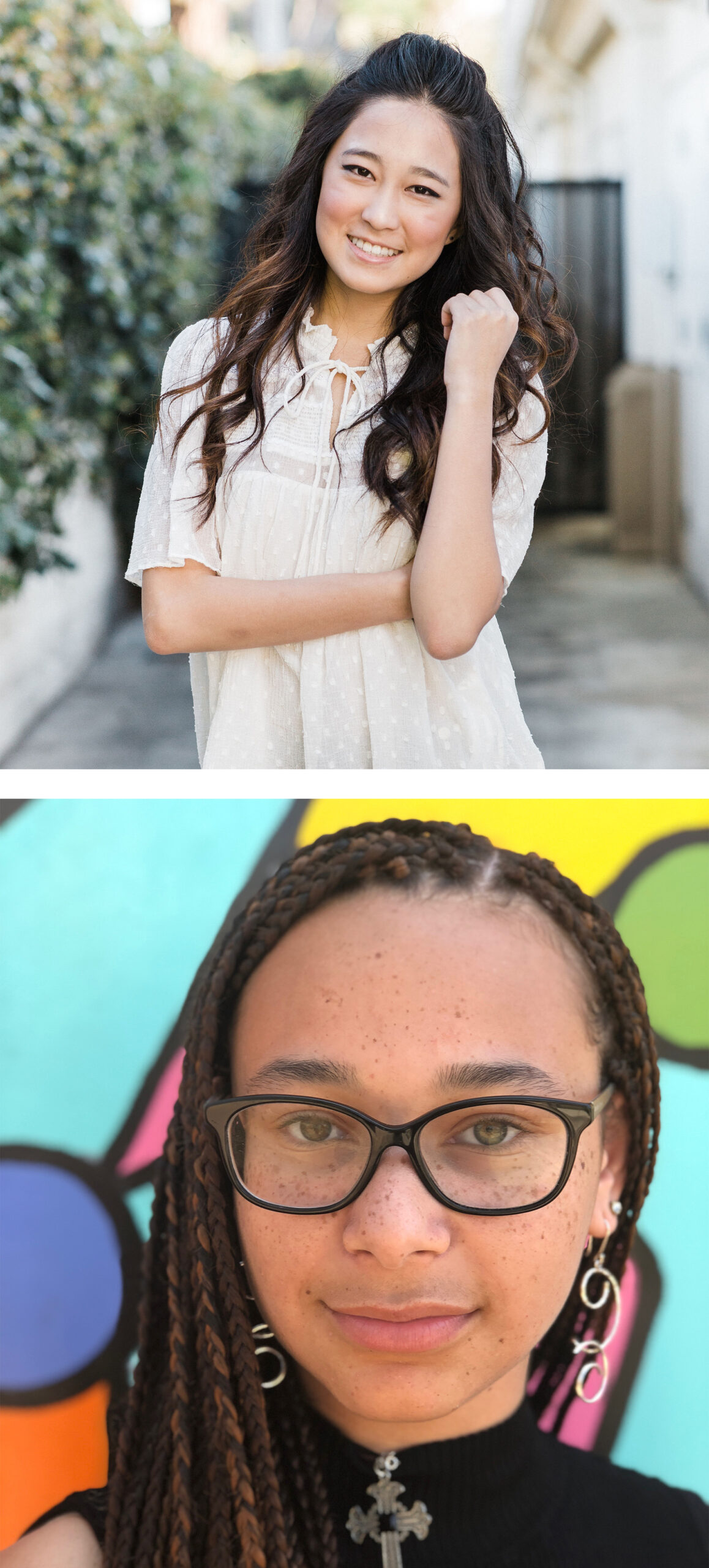To Franny Choi’s Choi Jeong Min:
the classroom split,
black on one, white on the other,
Like kitchen magnets forced to kiss
they repelled and I was caught
in the net of their polar-racial fields
I felt the tattoos of eyes on my skin,
blinking through black and white grains
of old Jim Crow Propaganda,
the teacher pointed at my face,
mouth shut,
said:
“she wouldn’t be here”
in class,
I ask my teacher,
“Did anything happen in Korea?”
and she tells me,
“Probably, but it’s not important.”
Korea only existed on pantry shelves and
between my nana’s teeth,
amongst scorched grains of rice in
tupperwares of nooroongi,
we never saw Korea in the classroom,
Fingers raised,
Voice projecting-peninsular,
But all I saw of Africa was a blur on a map
Butchered by cat o’ nine tails
And blanched by the word “negro”
The countless recordings playing on monsoon loop
of black twig legs knee deep in red mud
mud huts in with leaf-shamble roofs.
When I got into the car, I asked,
Mommy, am I black or white?
But I never had that choice,
my whole identity was defined
by a token check-list on a standardized test,
always the antithesis, always the outlier.
But at least you knew.
At least you can contain your ancestry to a country.
I’m not Korean. I’m not African
But I’m not American yet.
Korea says my words swell too loud for my mouth
and I spit out riots,
that grab for the low hanging fruit
and blame the spoiled apples on my
lack of a stepladder.
Korea says slavery is just an excuse.
Black says I am gumiho,
fox o’ nine tails, worshipper of the
Slippery and sly,
Draw the coins from your pocket and
figures from your bills as I insah,
Fingers circling navel,
Black says I am too greedy, too complacent in my own oppression
But we say
We’ve lost the tongues of our motherland
but we haven’t forgotten the taste of her mouth,
Blood sausage, barbecue, the sting of green onions
fresh from the earth
her Songs are the stars our mothers cook into
the
Bone-broth
to follow home when we are lost,
Which is always because
Our curves are forced into war-jagged frames,
And I hope that when I pull away,
my skin will hold those edges close,
like teeth to a sun-dried date.
*uses lines from Choi Jeong Min by Franny Choi

